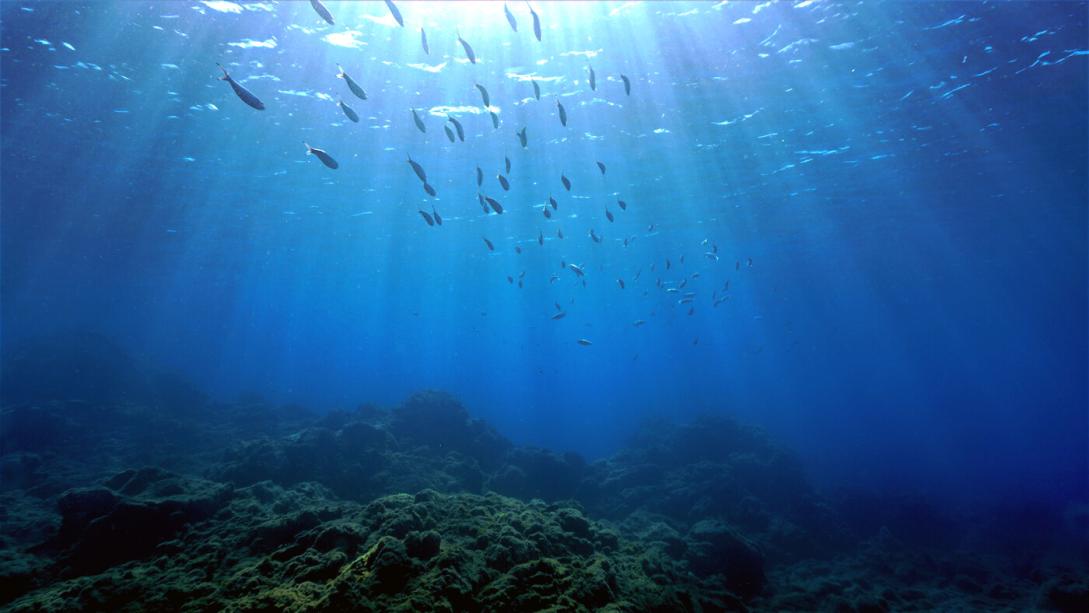Ocean Governance

International ocean governance is about managing the world’s oceans and their resources together so that they are healthy and productive. Protecting and restoring marine ecosystems helps to build peace and security for the benefit of current and future generations.
The EU is a leader in protecting the world's oceans. This includes efforts to ensure healthy fish populations and protect marine ecosystems in full compliance with international law, in particular the United Nations Convention on the Law of the Sea (UNCLOS).
In September 2023, the EU and its Member States signed the UN 'Treaty of the High Seas’. This agreement is for the conservation and sustainable use of marine biological diversity of areas beyond national jurisdiction (BBNJ Agreement). In other words, the UN BBNJ Agreement sets up a procedure to establish large-scale marine protected areas on the high seas.
- Follow the link to learn more about the UN BBNJ Agreement.
Also
- The EU launched the €66 million ‘Sustainable Western Indian Ocean’ (SWIOP) program to support nine African countries in activities such as better ocean management, developing sustainable ‘blue economies’ based on the ocean and protecting marine ecosystems and coastlines.
- The EU signed the Samoa Agreement with African, Caribbean, and Pacific nations in November 2023. This agreement strengthens cooperation on critical issues like climate change and ocean governance for the next two decades.
- The EU will continue supporting Indo-Pacific partners in the fight against illegal, unreported and unregulated (IUU) fishing and the implementation of Sustainable Fisheries Partnership Agreements (SFPA).
Learn more
- Follow the link to know more about advancing maritime security and cooperation across the Indo-Pacific through CRIMARIO (Critical Maritime Routes in the Indian Ocean).
- Follow the link to visit the EU Indo-Pacific Strategy main page.




